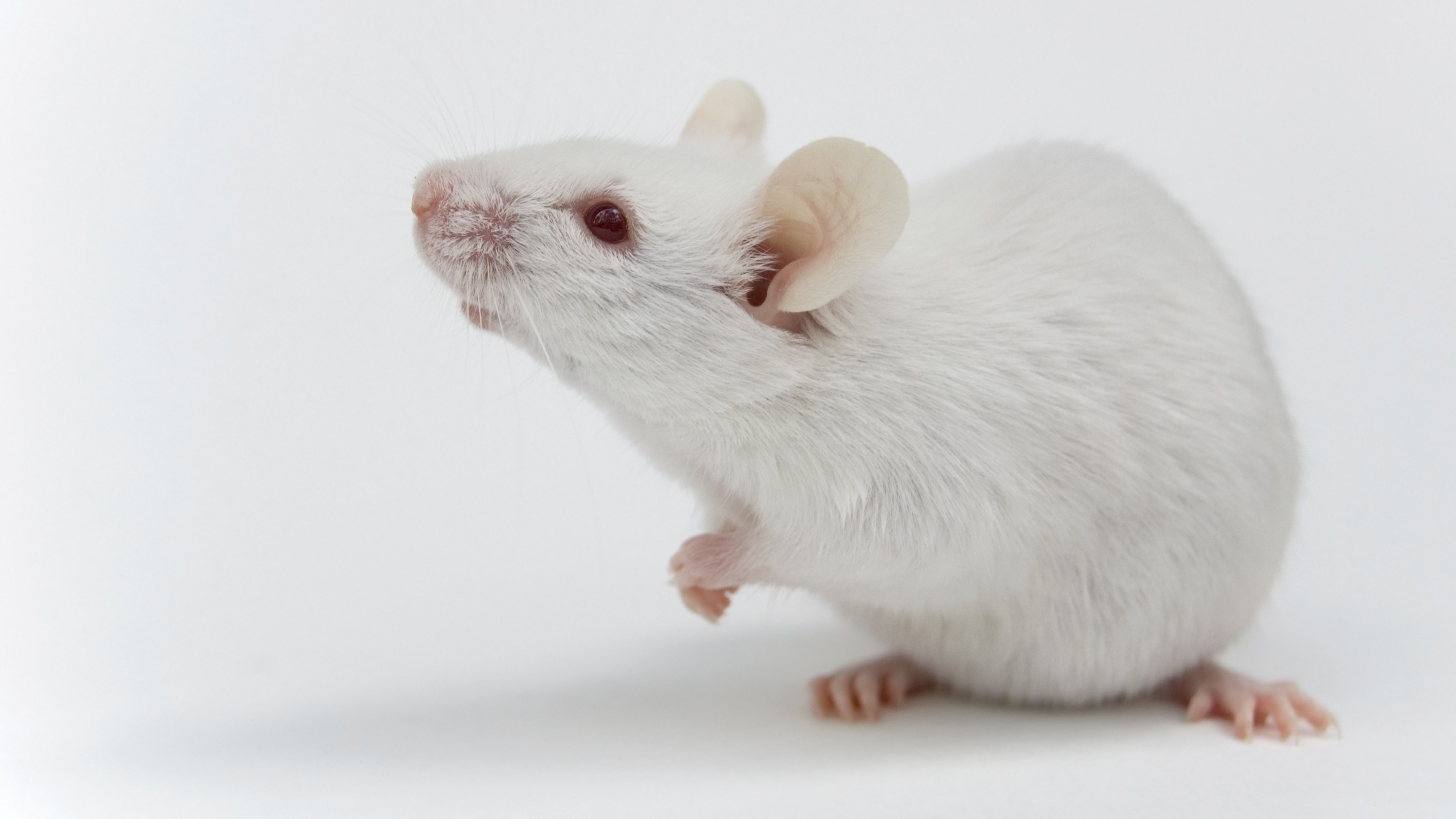Researchers have found that a cocktail of two cancer drugs can increase the lifespan of mice by up to around 30%, according to a new study.
The two drugs, trametinib and rapamycin, were both effective at extending the lives of mice when administered separately, but offered even greater benefits when taken together. They also reduced chronic inflammation and delayed cancer development in the aging mice.
Mice are not humans, however, so the new findings don’t necessarily mean that people will live longer by taking these drugs (outside of their current prescribed use). But the study authors noted that the drugs, which are approved by the U.S. Food and Drug Administration (FDA), are good candidates for human trials exploring ways to help older people age better.
The researchers published their study about the potential longevity benefits of the FDA-approved drugs on May 28 in the journal Nature Aging.
“While we do not expect a similar extension to human lifespans as we found in mice, we hope that the drugs we’re investigating could help people to stay healthy and disease-free for longer late in life,” study co-lead author Linda Partridge, a geneticist at University College London in the U.K. and the Max Planck Institute for Biology of Ageing in Cologne, Germany, said in a statement.
Both drugs work by targeting cell communication pathways in the body, which play a critical role in aging and the development of diseases like cancer. Rapamycin inhibits a protein called mTOR, which regulates the division and death of cells and is associated with cancer and other diseases. Trametinib disrupts a molecular pathway called RAS/Mek/Erk, which also plays a role in cancerous cell proliferation — again, useful if you’re trying to stop the growth and spread of cancer cells.
Related: Heat waves may accelerate the aging process
Rapamycin was already known to extend the lifespan of mice, while trametinib has previously been shown to add time to the lifespan of flies. Previous studies have also found that the drugs’ separate lifespan-extending effects stack in flies, providing an even greater boost when administered together. However, the new study marks the first time that scientists have combined rapamycin and trametinib to study aging in mammals.
The researchers mixed the drugs into the food of lab mice and found that, individually, rapamycin extended the mouse lifespan by 15% to 20% while trametinib extended it by around 5% to 10%. Just like in flies, the drugs proved stronger together, with a cocktail of the two increasing the mouse lifespan by up to 29%, according to the study.
To explore the biochemical underpinnings of these effects, the team took tissue samples from the mice and analyzed how the activity of their genes was affected by the two drugs. They found that not only did the mice gain separate benefits from the two different drugs but that, when used in combination, the drug cocktail influenced gene activity differently to when either drug was taken alone, according to the statement.
The study highlights that these two drugs could be good candidates for geroprotectors, which are an emerging class of drugs aimed at delaying the onset of diseases and improving the health of older people. However, for now, the researchers plan to optimize the use of trametinib to maximize its benefits while minimizing side effects like weight loss and liver lesions.
“Trametinib, especially in combination with rapamycin, is a good candidate to be tested in clinical trials as a geroprotector,” co-lead author Sebastian Grönke, a senior postdoctoral researcher at the Max Planck Institute for Biology of Ageing, said in the statement. “We hope that our results will be taken up by others and tested in humans. Our focus is on optimising the use of trametinib in animal models.”
